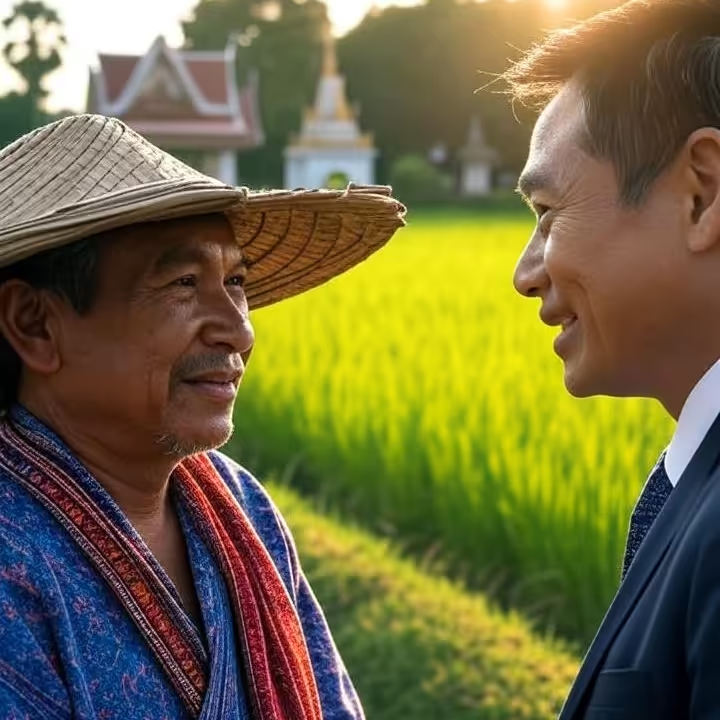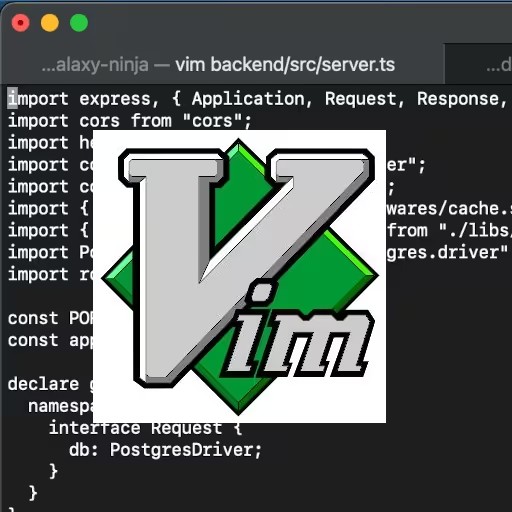Languages Spoken in Bangkok
Bangkok is a dynamic metropolis where languages and cultures converge, yet one language stands firmly at the center: Thai. While English, Mandarin, and other languages are present in specific contexts, the Central Thai dialect—often referred to as "Bangkok Thai"—is the city's official and everyday language. Whether you're visiting, working, or curious about life in Thailand's capital, understanding which languages are spoken in Bangkok will help you communicate and connect with locals more effectively.
Thai (Central Thai / Bangkok Thai)
- Official Language: Thai is the official and dominant language, specifically the Central Thai dialect ("Bangkok Thai").
- Bangkok Thai: What's spoken in Bangkok is essentially the standard, prestige dialect of Thai—what you hear in media, government, and education nationwide. It's considered the "neutral" Thai and is very similar to what's taught in schools across Thailand.
- Regional Differences: There are other dialects—Isan (Northeast), Southern Thai, and Northern Thai—but these are not commonly used in official or urban settings in Bangkok.
Thai Script Example
Here's a simple example of the Thai script (อักษรไทย or "akson thai") you'll see written everywhere in Bangkok:
- Thai script: สวัสดีครับ (for men) / สวัสดีค่ะ (for women)
- Transliteration: Sawasdee kráp / Sawasdee kâ
- Meaning: "Hello"
English Language in Bangkok
- Widespread but Limited Fluency: English is widely taught in schools, used in business, tourism, and government signage, and spoken (with varying degrees of fluency) in hotels, tourist areas, some offices, and among younger, educated Thais.
- Not a Primary Language: Most Bangkokians are not fully fluent. Outside of international schools, embassies, or certain expat-dense neighborhoods, English is not the main medium of communication.
- Legal System:
- Not Used in Courts: English is not used in Thai law courts or official legal documents. All court proceedings, legal filings, and government communications are in Thai.
- Translation: Foreigners in legal matters are provided with interpreters if necessary.
- Example (Signage):
- Thai script: ห้องน้ำ
- Transliteration: hông-nám
- English: Toilet
Chinese (Mandarin, Teochew, Cantonese) Languages
- Mandarin: Spoken mostly by Chinese expatriates, business people, and newer migrants—not common among average Thais.
- Chinese Thais: The largest Chinese community in Bangkok historically spoke Teochew (Chaozhou dialect), but most now speak Thai as their first language. Mandarin is increasingly taught, especially in international schools or language centers, but is far from a common street language.
- Legal Status: Mandarin is not an official language and is not used in government, courts, or schools except as a foreign language subject.
- Example:
- Chinese: 你好
- Pinyin: nǐ hǎo
- Thai equivalent: สวัสดี (Sawasdee)
D. Other Languages
- Immigrant languages: Burmese, Khmer, Lao, and various South Asian languages are spoken among migrant communities but not in public life.
- Tourism: You'll occasionally see Japanese, Korean, or Russian used in signage in tourist areas.
Bangkok Thai vs. Other Thai Dialects
- Bangkok Thai = Standard Thai: What you hear in Bangkok is the same "standard" Thai used across the country in media, education, and government.
- Dialect Features: Bangkok Thai is slightly faster, with a flatter intonation than upcountry dialects. Some vocabulary is unique, but not so much that it's not mutually intelligible with standard Thai.
- Example difference:
- Bangkok: กินข้าวหรือยัง? (gin kâao rʉ̆ʉ yang? — "Have you eaten?")
- Isan: แดกเข้าแล้วบ่? (dàek kâao láew baw?)
The Thai Script
- Origin: Thai script (อักษรไทย, akson thai) is an abugida derived from the Old Khmer script, ultimately tracing back to Brahmic scripts of India.
- Structure:
- 44 consonants
- 32 vowels (but not all are used in modern Thai)
- 4 tone marks
- No spaces between words (spaces separate phrases/sentences)
- Features:
- Each consonant has an inherent vowel.
- Tones are marked with diacritics and are critical to meaning.
- Written left-to-right, no upper/lower case.
- Example:
- Thai: ฉันรักภาษาไทย
- Transliteration: chǎn rák phaasǎa thai
- Meaning: I love the Thai language
Basic Thai Script Examples
| Thai | Transliteration | English |
|---|---|---|
| สวัสดี | sawasdee | Hello |
| ขอบคุณ | khàawp-khun | Thank you |
| ใช่ | châi | Yes |
| ไม่ | mâi | No / Not |
| รัก | rák | Love |
- Tone Marks:
Thai is a tonal language with five distinct tones: mid, low, falling, high, and rising. The meaning of a word changes entirely based on which tone is used, even if the consonants and vowels are identical. Mandarin Chinese, by comparison, has four tones (high-level, rising, falling-rising, and falling), plus a neutral "light" tone.
Here are the five tones used in Thai:
- ่ (low) — as in mà
- ้ (falling) — as in mâa
- ๊ (high) — as in máa
- ๋ (rising) — as in mǎa
Summary of Languages Used in Bangkok
| Language/Dialect | Used in courts? | Public Life? | Spoken by locals? | Used in schools? | Script |
|---|---|---|---|---|---|
| Thai (Central) | Yes | Yes | Yes | Yes | Thai |
| English | No (except interpreters) | Some signage, tourism | Some, mostly younger/educated | Yes (as a subject) | Latin |
| Mandarin | No | No | Rarely | Only in language programs | Chinese |
| Other dialects | No | Rarely | By migrants | No | Various |
Short Answers
Is English spoken in Bangkok?
Yes, but not fluently or universally; mainly in tourist, expat, or business contexts.
Is English used in Bangkok courts?
No. Thai is the only language of the courts. Foreigners get interpreters.
Is Mandarin spoken?
Rarely, except among Chinese expats or in Chinese businesses. Not a street or official language.
Does Bangkok Thai differ from the rest of Thailand?
Only slightly in speed/intensity/slang; it's the standard dialect for the whole country.
How does the Thai script work?
It's an abugida derived from Indic scripts, written left-to-right, with tone marks and no word spacing. Example: สวัสดี (sawasdee) — Hello
Conclusion
Bangkok is a vibrant, multilingual city, but Thai is by far the dominant and official language in every aspect of daily life, from government to education. English is commonly encountered in tourist areas and business settings but is not used for official proceedings or in courts. Mandarin and other languages have a presence among specific communities but do not play a major public or legal role. The Thai language, with its unique script and tones, is central to Bangkok's identity and culture. Whether you're visiting or planning to stay, understanding the linguistic landscape of Bangkok will help you navigate the city and connect with its people.













